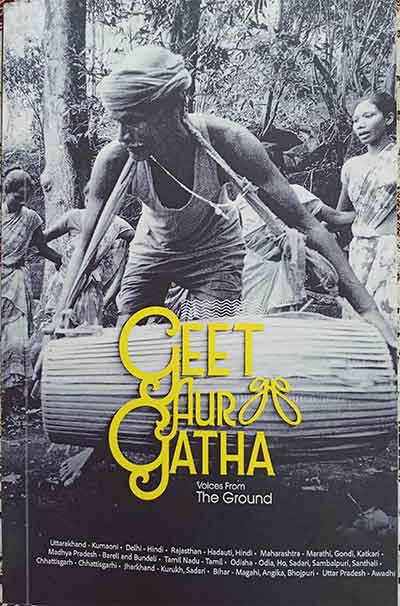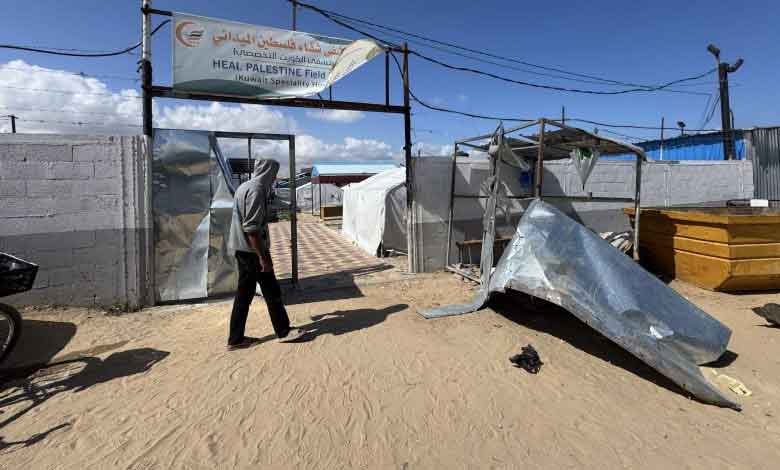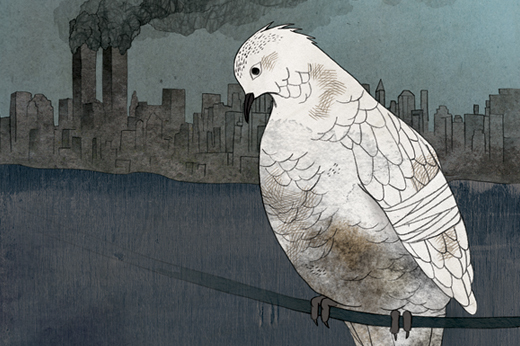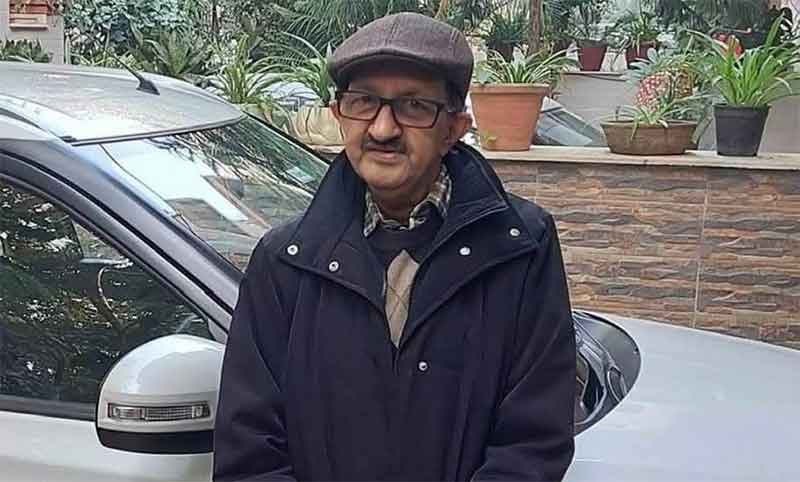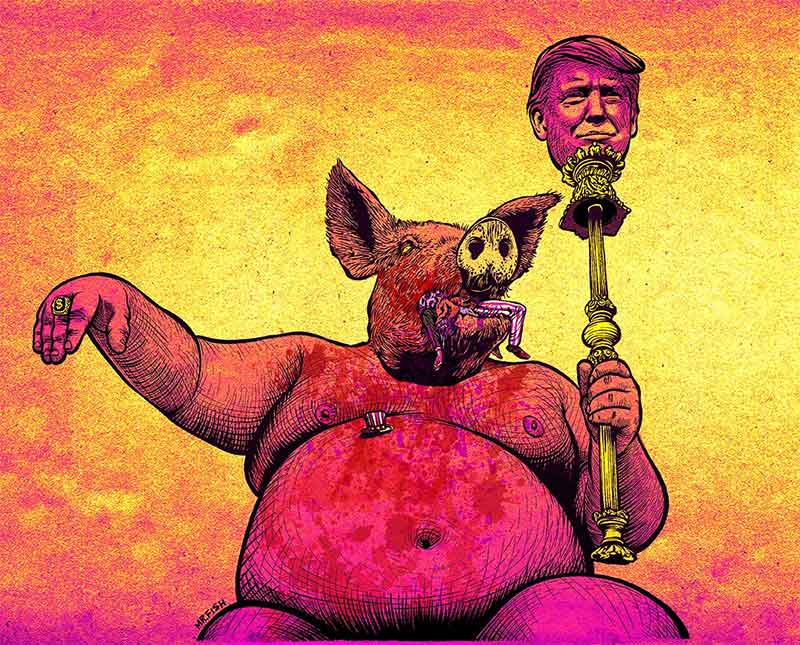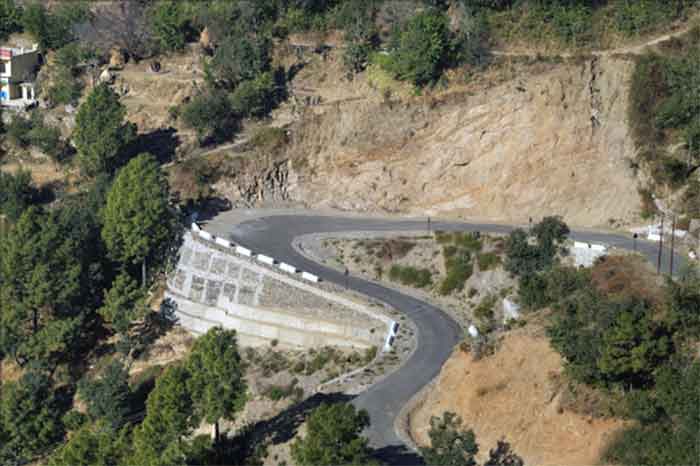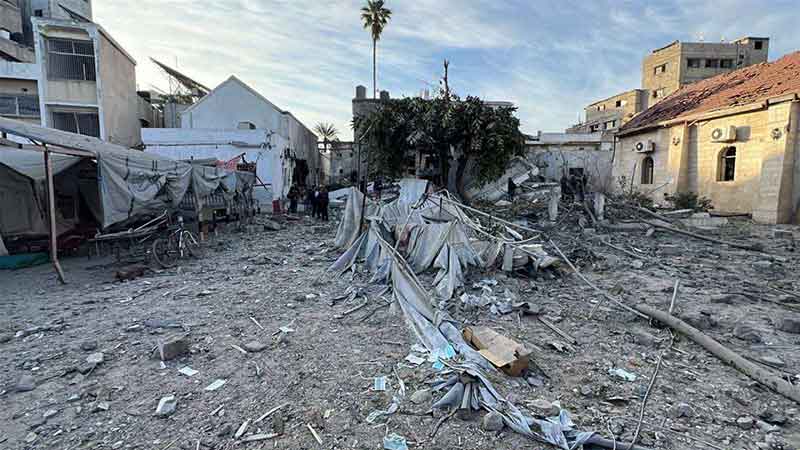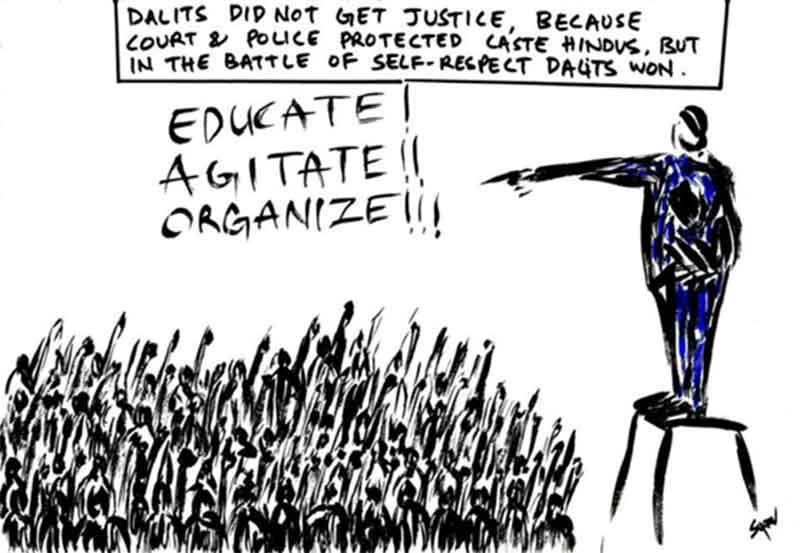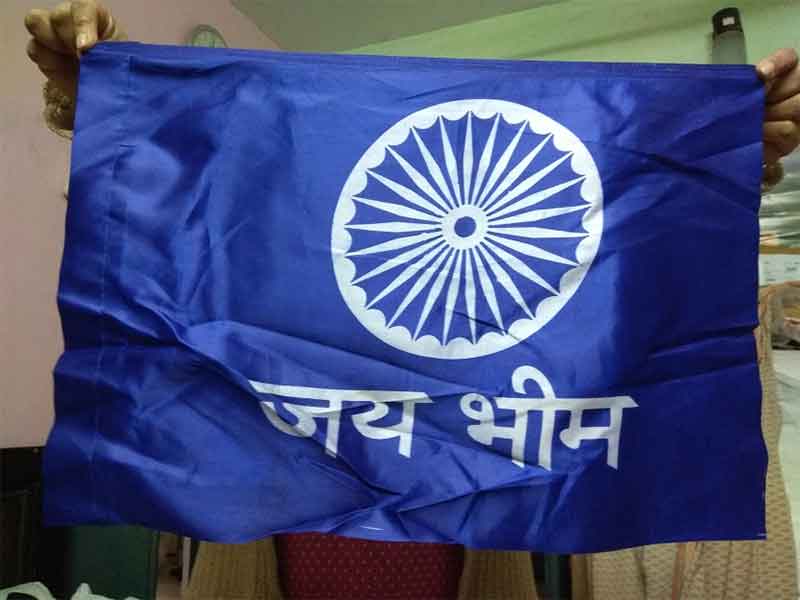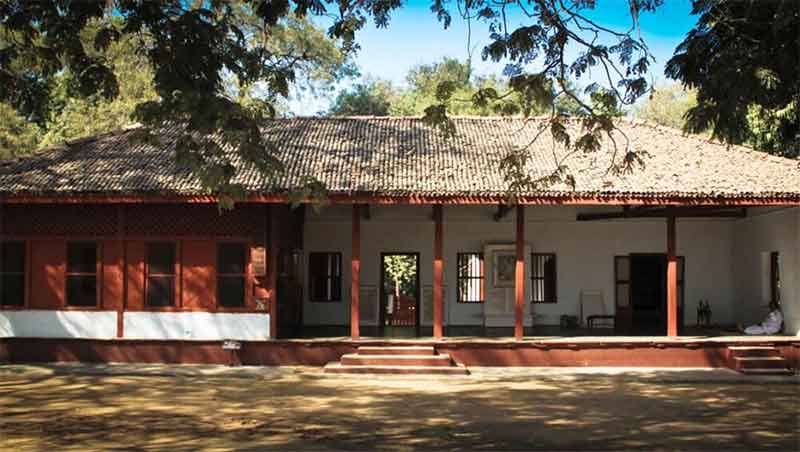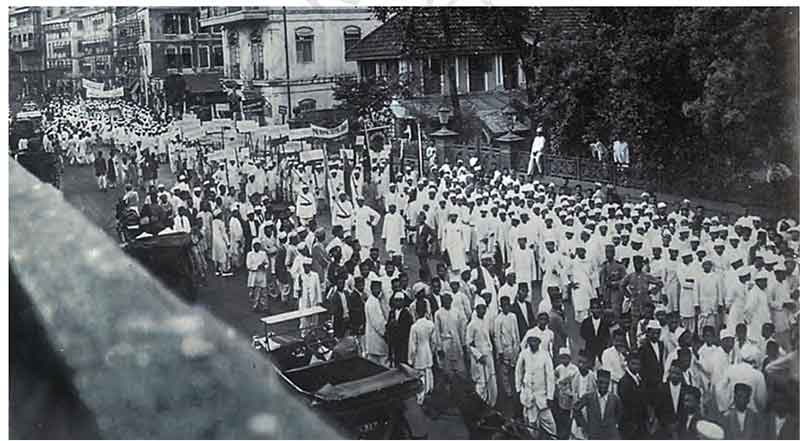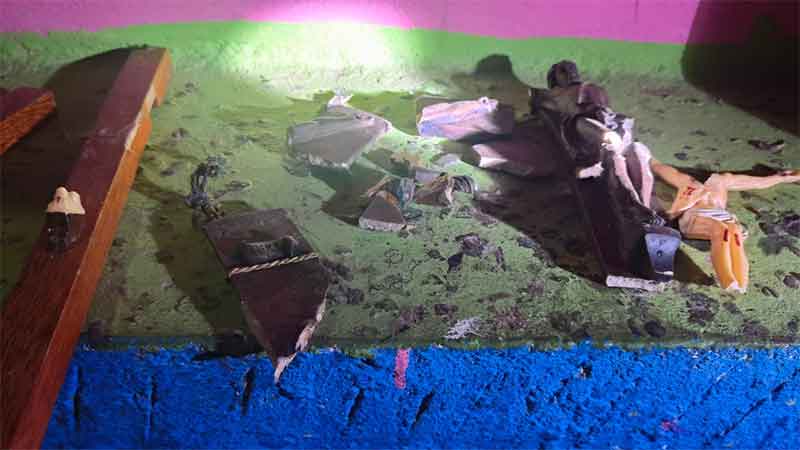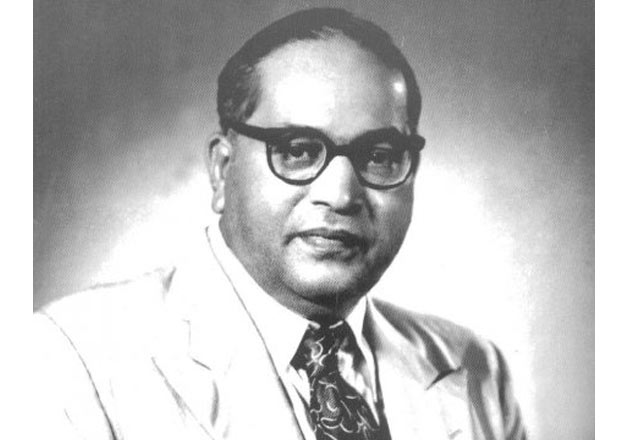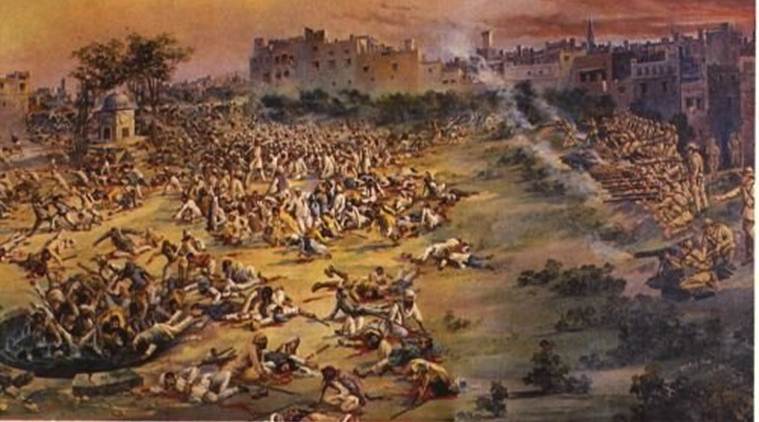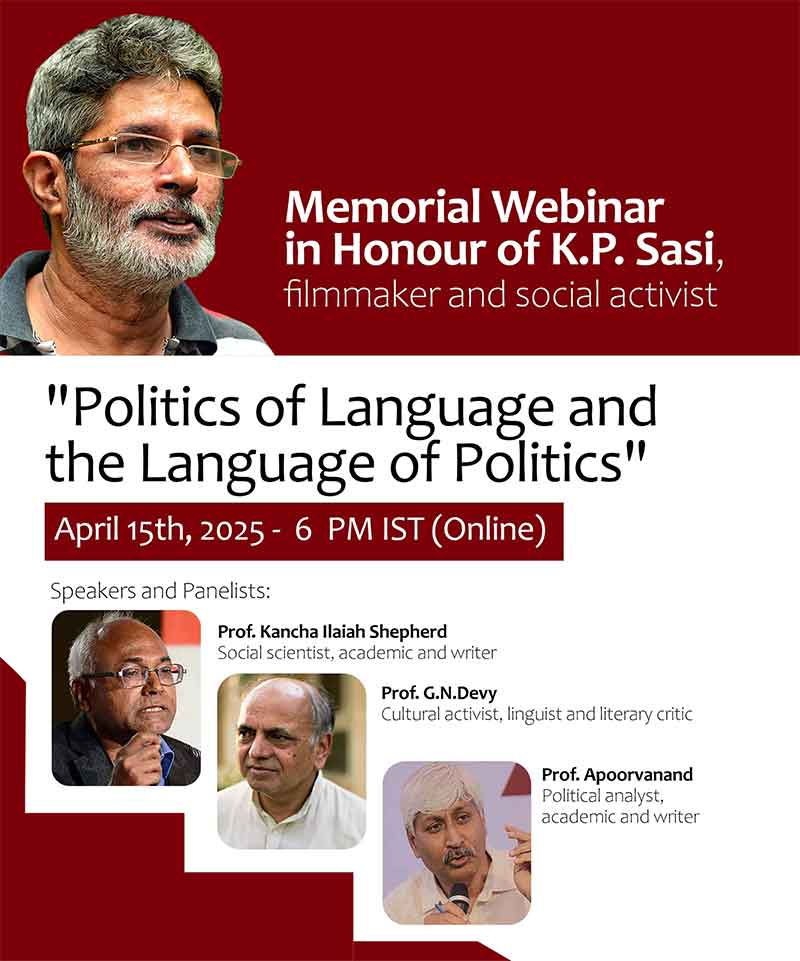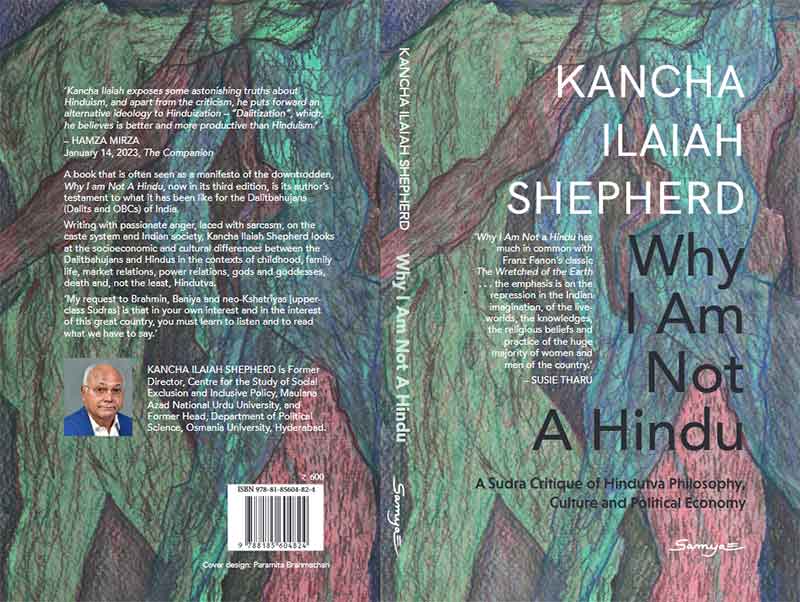
Kancha Ilaiah Shepherd’s Why I am Not a Hindu is a classic that re-shaped the discourse on Indian socio-spiritual systems. Ever since it was published in 1996, it has remained a bestseller consistently. It got raving reviews and got translated into many Indian languages. It got the London Institute of South Asia Best Book award in 2008. Its third edition and sixteenth reprint with a preface about the author’s understanding of the RSS/BJP regime and what happened to Hinduism and Brahmanism during this period, just got bought out by Samya, Kolkata . It engages the reader whether his original thesis about Hinduism and Brahmanism stands weakened or strengthened with the happenings during this regime. Of course, the original book itself is worth reading and re-reading.
Excerpts from The Preface
Why I am Not a Hindu as the most visible book of modern times on the Sudra culture, philosophy and ideology has played a critica lrole in this whole process during the last twenty-five years. Why I am Not a Hindu was reprinted fourteen times, with a revised edition published in 2005. A joint edition by Samya and Sage was the fifteenth reprint. It held its discursive sway in the universities and also among the activists of social movements, particularly among liberals, Dalits,OBCs and Adivasis. It got acceptance in Indian and foreign universities and began to be studied as a way of understanding India from below.It told the story to foreign scholars of agrarian Gods/Goddesses ofIndia and pointed out that they come from the positive culture of production and not war-like fields like the Sanskritic Gods/Goddesses.
The future India will not be like the Congress’ dominant party’s phase, with an ideological drive around secularism. The seriousness of the idea of Dalitization and Post-Hindu utopia I presented in both Why I am Not a Hindu and Post-Hindu India, as an interlinked project, will be understood only when the oppressed castes live through the Hindu Rastra. The historicity of these books along with Buffalo Nationalism lies in their strength to withstand the Hindutva power as it rules the country. As more and more Sudra/OBC/Dalits and/Adivasis get English-medium education they will realize the importance of these books, particularly that of Why I am Not a Hindu.
The BJP project of social engineering is not a project that is meant to weaken varna dharma. It is a project to convince the Sudra/OBC/Dalits to go by the Sanatana Dharma wherein the practice of varna dharma is integral. This will enhance caste conflicts. The Sudra/OBCs will not remain regional forces nor would they be indifferent to the spiritual power by merely visiting temples and surrendering to Brahmin priestcraft. If the Sudra/OBC take over the Hindu temples the brahminical hegemony will collapse. The demand for spiritual democracy and caste-free control of the temple system will increase. That means the process of Digitization of the brahminic spiritual structures will initiate a post-Hindu phase by gradually de brahmanizing the present brahmanic Hindu spiritual system.
This book will become a critical reference text in this battle for spiritual reform. The fact that an OBC, even as Prime Minister, is consecrating the Ram temple would not have been possible if the OBCvotes did not matter. If the Sudra/OBCs control over the temples takes place, the shape of Hinduism will change. The course of Dalitization is not a straight one. It will go through several phases of de-Brahmanization.
It is not a book meant to cause conflicts but resolve conflicts by addressing clashing cultures within Indian civil society that got compartmentalized for millennia. It is a book that is meant to reposition caste cultures by injecting a culture of dignity of labour into castes that hated soiling their hands. It is a book that is meant to re-position the idea of God/Goddess by negating violence and war culture. It is a book that is meant to hegemonize the culture of production and composite food culture. A nation of 1400 million people cannot survive with pure vegetarianism, a food culture that is being promoted by Hindutva networks, including the Delhi government. Many of my writings starting with this book challenged the pure vegetarian food culture and war-centred divine culture. All castes must come around positive production and composite food culture to create a globalized India.
In this book I used three concepts—Dalitbahujan, Neo-Kshatriyas, Dalitization—which raised questions both from the point of view of readers and also because the present Hindutva power at Delhi andin many states changed the bloc formation in the caste vote base and alignments. The caste discourse has become all pervasive; except for the Left, all parties including the Congress have entered into the caste discourse quite candidly. In the process the Left parties and groups became more and more invisible. The three concepts used in the book allowed me to capture the broad picture of caste blocs and the way they were perceptively operating. But things do not remain stagnant. The Post-Mandal period brought many changes in the caste compositions.
Dalitization is a process of de-Brahminization. That is happening in various ways in all spiritual, social and political structures. The caste units are taking a path of change downwards from the earlier Sanskritization path to the Dalitization path, which is clear from the reservation demands of upper Shudra castes who refused to get into OBC identity. Several OBC castes are demanding to bring them down into SC reservation. Marathas who were treating Mali caste as lower than them are demanding the Mali caste certificate. This is an indication of downward mobility of neo-kshatriyas, but not upward mobility. This is one of many aspects of the developing trends towards Dalitization of these castes.
The Dalitization process is linked to massive deployment of caste discourses in all religions and political parties. The Congress and communists avoided that discourse for a long time. But the RSS/BJPby allowing Narendra Modi, who uses the OBC category as his organic category, to become the PM, have pushed Rahul Gandhi and the Congress to a situation where they need to talk about caste census and removal of the 50 per cent cap in the reservation system.This whole process could be called the Dalitization process in the political and administrative realms. Even in the Hindu spiritual system that the RSS/BJP are forced to undermine Shankaracharyas and an OBC Modi was allowed to consecrate the Ram Lalla in Ayodhya. All These changes are taking place slowly but the process of Digitization Takes a long time to be clearly visible.
The RSS/BJP in the process need to undercut its earlier dependence on Brahmanism and varna dharma. Otherwise it will enter into a major contradiction where an internal civil war situation will become unavoidable. In the post-Mandal period the new concepts used have undermined the brahminic concepts like Sanskritization in intellectual discourses. In the history of caste and caste relations, contradictions are so complicated and they need to be studied in myriad ways time and again.
Kancha Ilaiah Shepherd is a political theorist, social activist and author.

